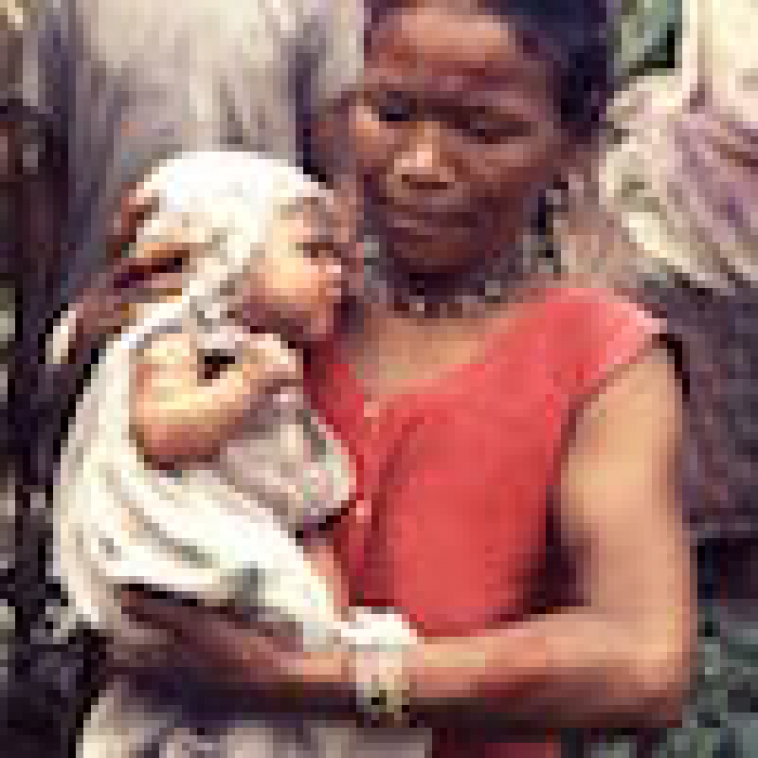Midwives leading the way with quality care

Quality of care is a priority for reducing preventable maternal and child deaths. It is also the theme for this year’s International Day of the Midwife; ‘Midwives leading the way with quality care’.
Sustainable Development Goal 3 emphasises the importance of access to quality essential healthcare services, including effective and affordable essential medicines and vaccines for all (SDG3.8). In addition to quality care being safe, effective, timely, efficient and equitable, it also needs to be people-centred.
Skilled attendance at birth is considered the most critical intervention for ensuring safe motherhood. Unfortunately, in many countries mothers and babies are put at risk because services do not meet the recommended standards for providing life-saving care. The World Health Organisation (WHO) estimates that 303,000 mothers and 2.7 million newborn infants die annually around the time of childbirth. Much of this could be prevented.
The dedication of midwives to women is renowned. They provide appropriate education, counselling and antenatal care that is adapted to the specific needs of the woman and baby before them. Collaboration between gynaecologists, obstetricians and midwives is critical to strengthening health systems and moving towards Universal Health Coverage. Although, as maternal health professionals, we each have different strengths and competencies, our roles complement one another to ensure that women are able to navigate pregnancy and childbirth safely.
Our President, Prof. (Dr.) C.N.Purandare comments:
“As skilled health personnel, we each have a vital role to play in ensuring that all women and girls receive respectful and well-resourced maternal care”.
FIGO is dedicated to the improvement of women’s health and rights, and to the reduction of disparities in healthcare available to women and newborns throughout the world. Midwives are a vital part of the health system. Our work has shown that collaboration is both safe and effective in resource-limited settings where more specialised healthcare workers are not always available.
We work with midwives through a number of our projects including addressing the post-partum contraceptive needs of women in Sri Lanka, India, Kenya, Tanzania, Nepal and Bangladesh by institutionalising the practice of offering immediate post-partum Intra-Uterine Device services (IUD) in hospitals. In Tanzania, almost 60% of all insertions delivered via our PPIUD project are performed by midwives and in Sri Lanka community midwives deliver antenatal counselling on post-partum family planning, including PPIUD.
In addition, we participate in joint statements with the International Confederation of Midwives (ICM) and other partners. Both FIGO and ICM support the Network for Improving Quality of Care for Maternal, Newborn and Child Health where our shared vision is that ‘every pregnant woman, newborn and child receives good quality care in health services. Together, we share the ambitious goal to halve maternal and newborn deaths and stillbirths in health facilities within five years’ with an initial focus on Bangladesh, Côte d’Ivorie, Ethiopia, Ghana, India, Malawi, Nigeria, Sierra Leone, Tanzania and Uganda.
If we are to progress towards ‘reducing the global maternal mortality ratio to less than 70 per 100,000 live births’ (SDG3.1), a world in which every woman, child and every adolescent in every setting can survive, thrive and transform their societies and our world, we must continue to work together.